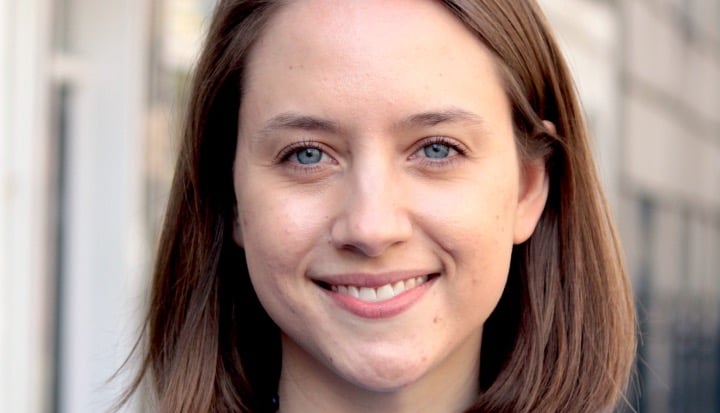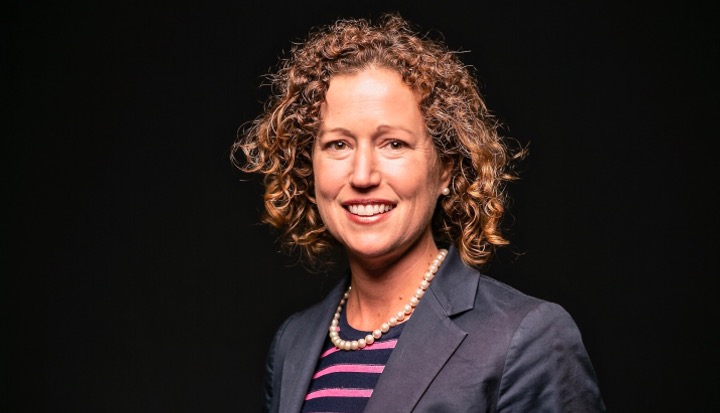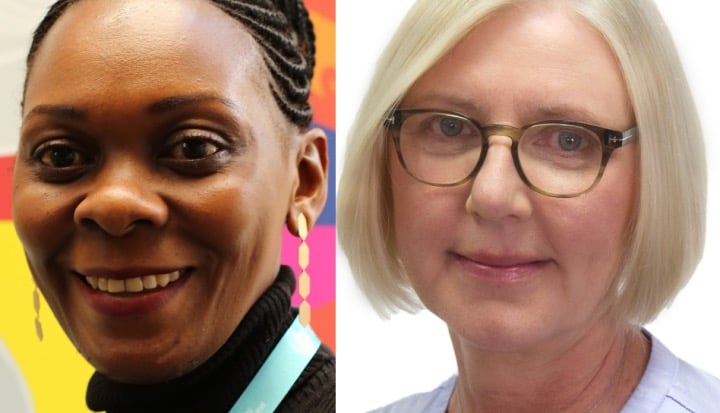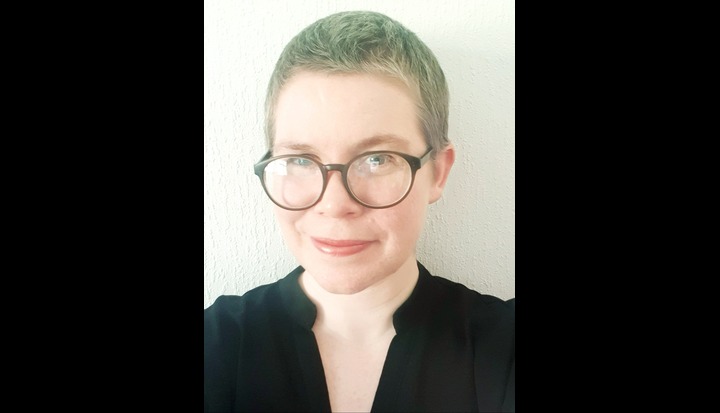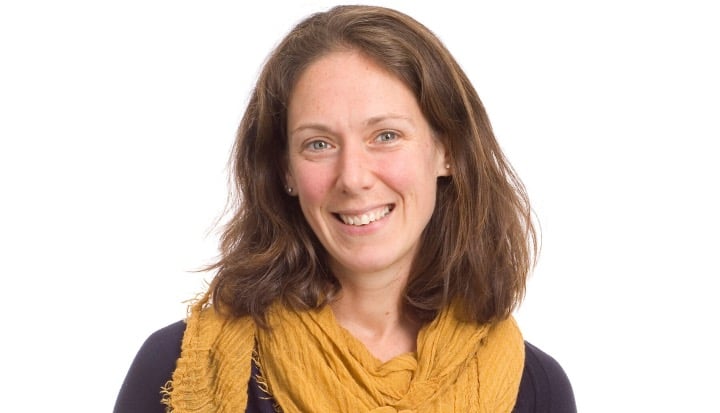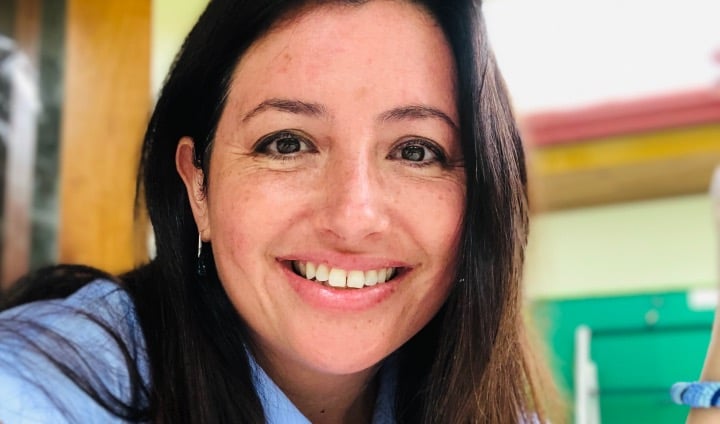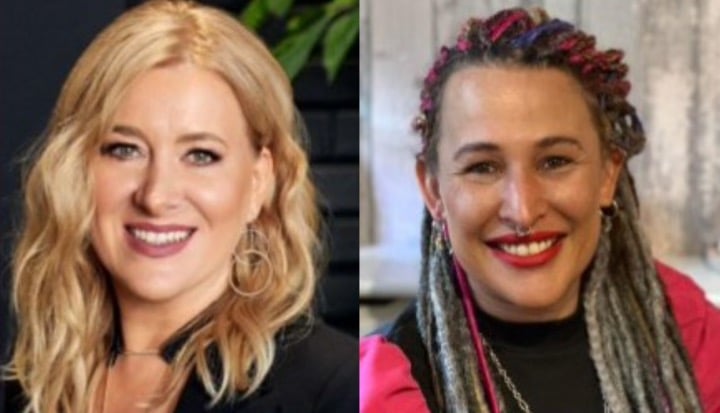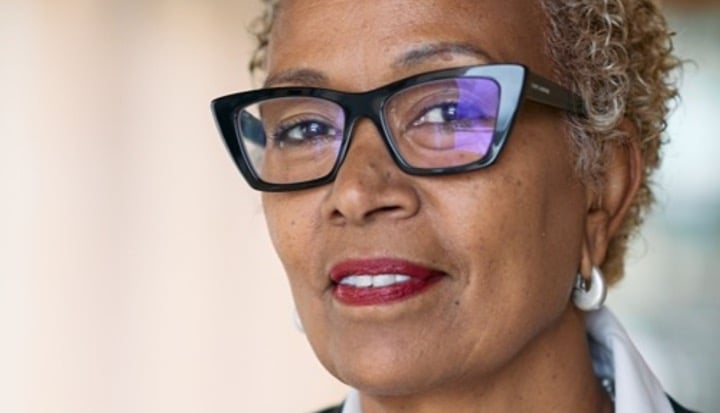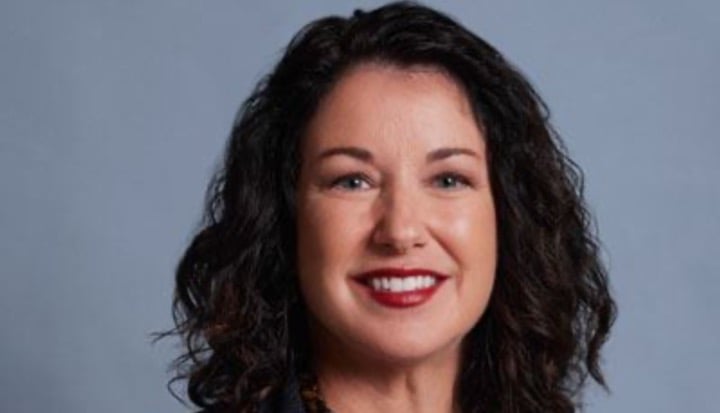BFP: What do you do?
CB: I am the Global Head of Corporate Responsibility and Sustainability for Olam International, a leading agricultural supply chain management company. We manage supply chains for 21 agricultural products in 65 countries, from producers through processors to final customers, many of whom are very well-known global brands. We’ve expanded heavily into our own agricultural production and processing, and a lot of this takes place in emerging markets. We also process, package and sell our own branded food products into African markets.
My job is to ensure that we comply with international standards; ensure sustainability in the supply chains we manage and support the communities where we operate; understand our impact on the environment and manage any environmental concerns.
More information about Olam’s Corporate Responsibility and Sustainability (CRS) strategy is available here. You can read our latest CRS report here and our Livelihood Charter is available here.
BFP: What is the best part about your job?
CB: Being able to involve communities, and linking farmers to global supply chains. Olam now works with more than 1.5 million farmers across Africa, Asia and Latin America. We would often start with setting up a processing unit and then linking this with farmers on one side and the global market on the other. We establish farmer-based partnerships with the objective of increasing their direct incomes through training programmes, pre-finance and the supply of inputs. It is very rewarding to be able to connect small-scale producers to their global customers in this way.
BFP: What have been your greatest challenges? How have you overcome them – what is the secret of your success?
CB: The most important challenge we have had has been stakeholder management. In particular, working with very large numbers of individual producers can be very challenging. In order to efficiently deliver the training and other support we provide to producers in or agricultural supply chains, we need to bring farmers together into cohesive groups – not always an easy process. The start-up phase of entering a new country and setting up a new business is always the most challenging.
We have overcome this obstacle by working with NGOs as delivery partners. We recognize where our core strengths lie and we draw on our partners to supplement this. We have been fortunate in that we’ve received donor support for several of our projects, which means that there is funding available to pay an NGO to be our implementing partner. Today Olam is widely recognized as a private sector development partner, who can bring our skills in investment, setting up processing units and developing integrated supply chains into partnerships with donors and delivery partners that can improve the lives of thousands of people.
BFP: If someone wants to do what you do, where should they start?
CB: Personally, I have had a very varied background which spans both the private and public sectors and many different regions. I started out by accepting a 2-year volunteering position in 1983 with VSO in Nigeria teaching agriculture and literacy in a rural vocational training centre. When that completed I immediately started working for an agro-industrial company based in Nigeria that had a regional remit, so I frequently visited Ghana, Cote d’Ivoire, Cameroon and other surrounding countries. Eventually I decided to leave in 1993 and returned to the UK to complete a Management for Agricultural Development Master’s degree in Cranfield University. Following that I then spent several years working for DFID as a private sector development adviser in Latin America, before becoming a consultant to both the public and private sectors. I then joined Olam in 2007 and this allows me to bring all this experience together. I have noticed a growing trend for the private sector to recruit from the public and NGO sectors as this brings a different skill set that is required by the private sector as there an increasing requirement for companies to be directly involved in the development agenda.
These days there are lots of opportunities with companies for people with these skills. But it is important to be sure that you want to work in development: I believe working in development is a lifestyle choice, which will impact on your life in many different ways. I think volunteering in a developing country provides a great opportunity to understanding what this kind of work is about and to work out whether it suits you. Volunteering doesn’t have to be only with NGOs or charities – companies increasingly offer volunteering and internship opportunities. Olam is constantly on the lookout for experts with experience of working in emerging markets. We encourage potential applicants to look at our website and submit a CV and covering letter directly to our HR department.
BFP: Finally: what do you hope to get out of being part of the BFP community?
CB: I appreciate the diversity of people who belong to the network. I have a great interest in using technology and new ideas to grow business in emerging markets, and BFP is a good source of information on those big new ideas. It also allows me to understand and stay on top of the donor agenda.
BFP events provide an opportunity to meet and talk to NGOs who could become future partners – it is a very useful platform for efficient networking. It has also been a great source of potential employees – we get many approaches from interesting students, often African nationals doing post-graduate courses at UK universities, who are very familiar with Olam’s work in Africa and who might end up working for us as part of our ongoing drive to build local expertise in-country.
BFP could be further enhanced by more knowledge zones on particular topics (such as agribusiness). Members could then upload interesting articles there or debate new ideas. I would just caution against allowing individuals to use the network as a platform for self-promotion – in the past BFP have been very good at minimizing PR-type interaction, and it is important to keep this up.
Thank you to Chris Brett for taking the time to do this interview. You can download Olam’s latest annual report here.
We’re always looking out for members to feature. Help us by taking two-minutes to update your profile, or by nominating someone for Business Fights Poverty Member of the Week.
This Member of the Week interview was conducted by Hester le Roux, BFP Member Relations Manager. Read previous Member of the Week interviews here.

